📷 Day 28: Community. Spotted at a rally in Sydney: “Let’s dream new blueprints for the world we want to live in…”
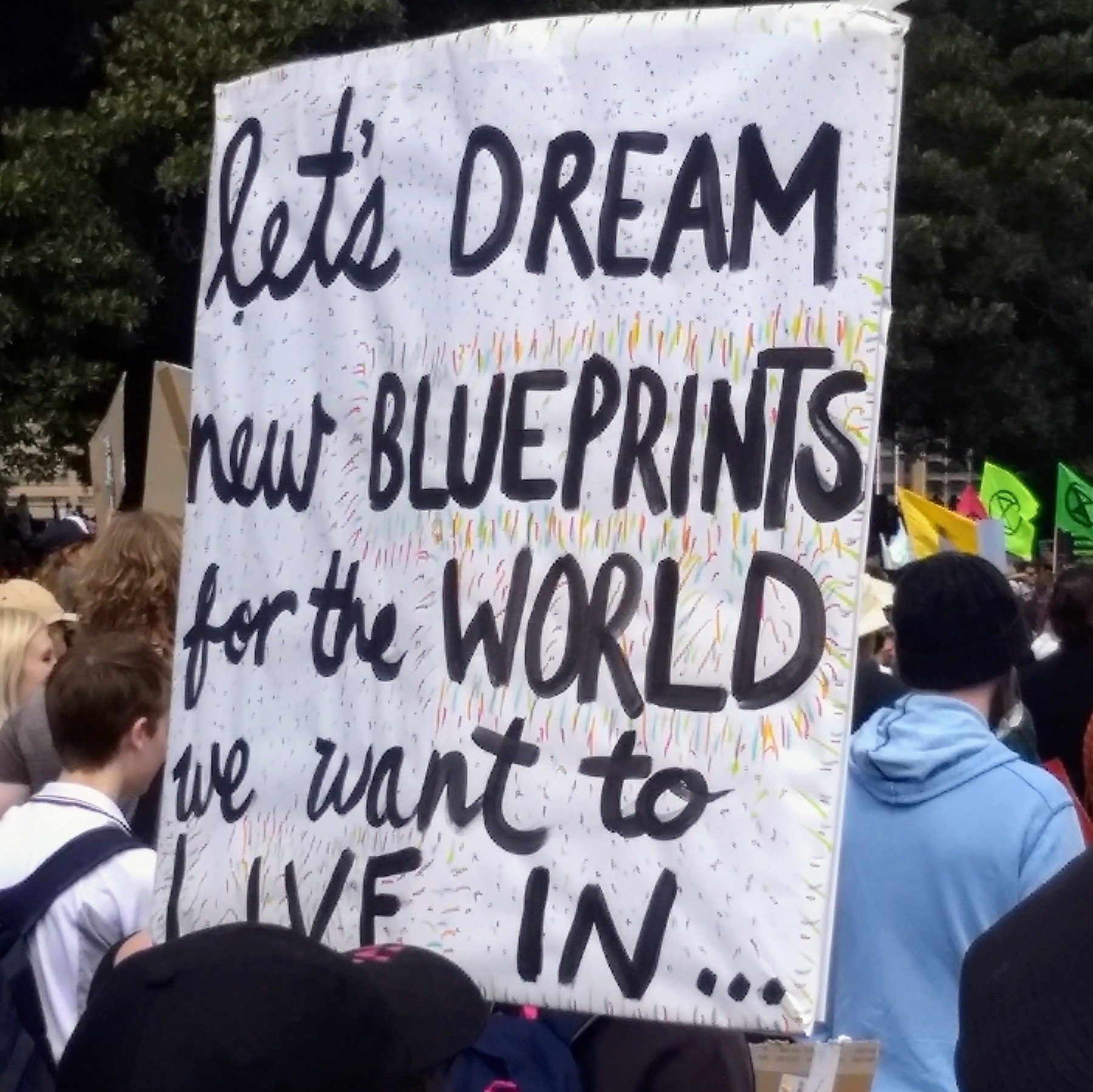
Finished reading: Ian Gentle: The Found Line, edited by David Roach 📚
I’ve posted about this interesting artist previously, because I loved The Gentle Project.
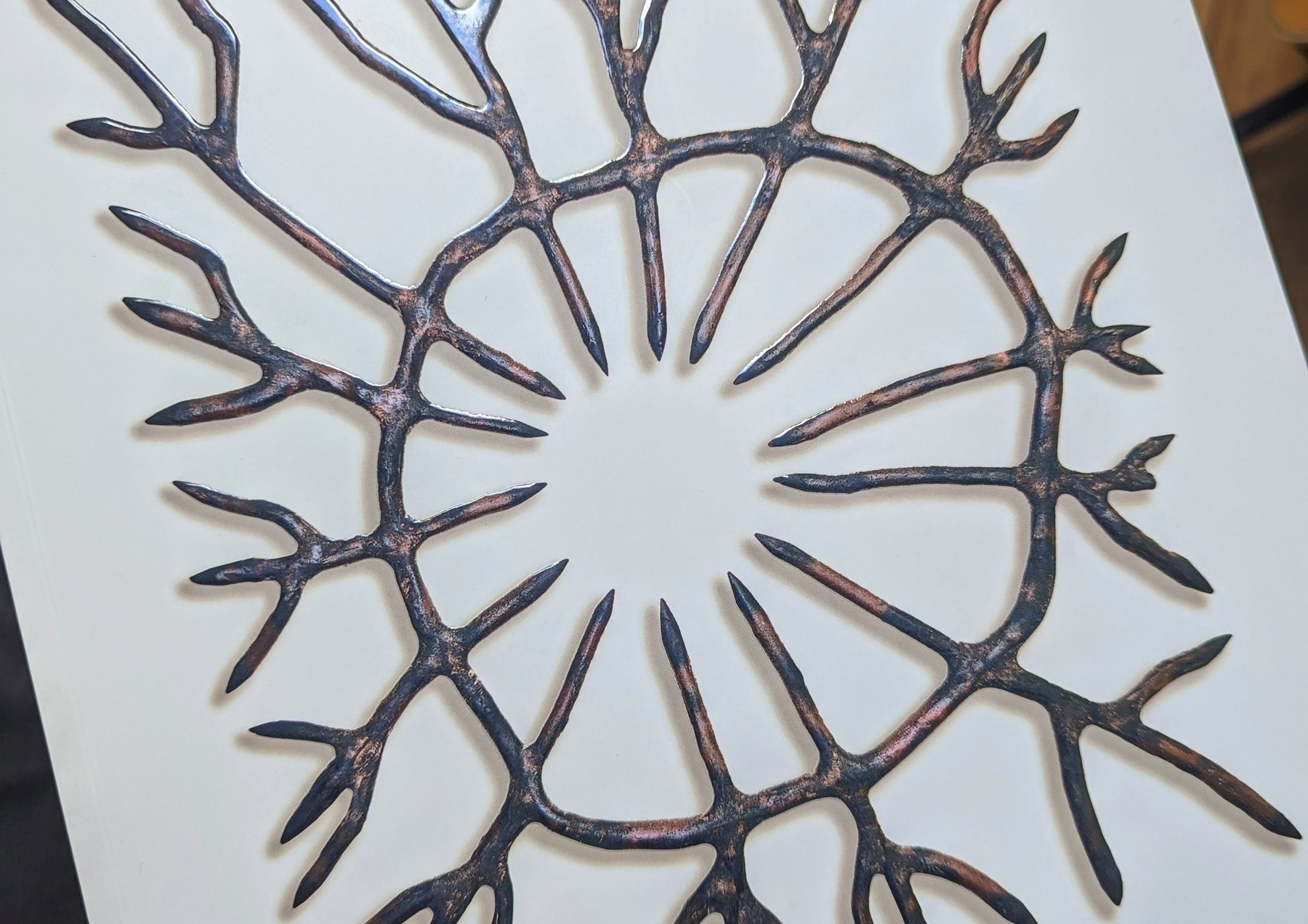
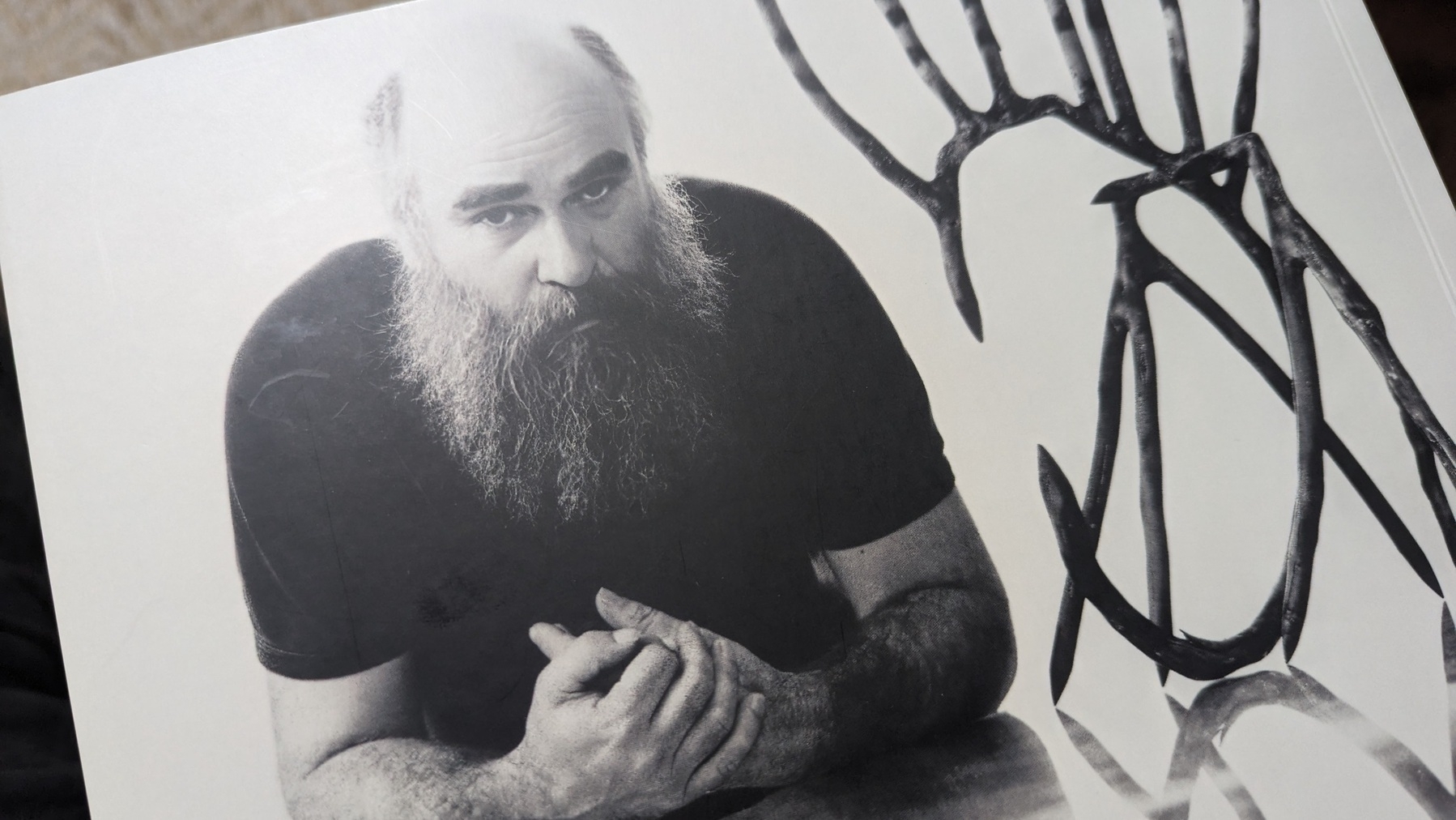
Finished reading: Always Will Be by Mykaela Saunders 📚
These short stories are set entirely in Australia’s Tweed region, but they range over a vast time-frame: from the more-or-less present to the far distant future. I loved the tough optimism. Always will be Aboriginal land - an ideal sci-fi theme.
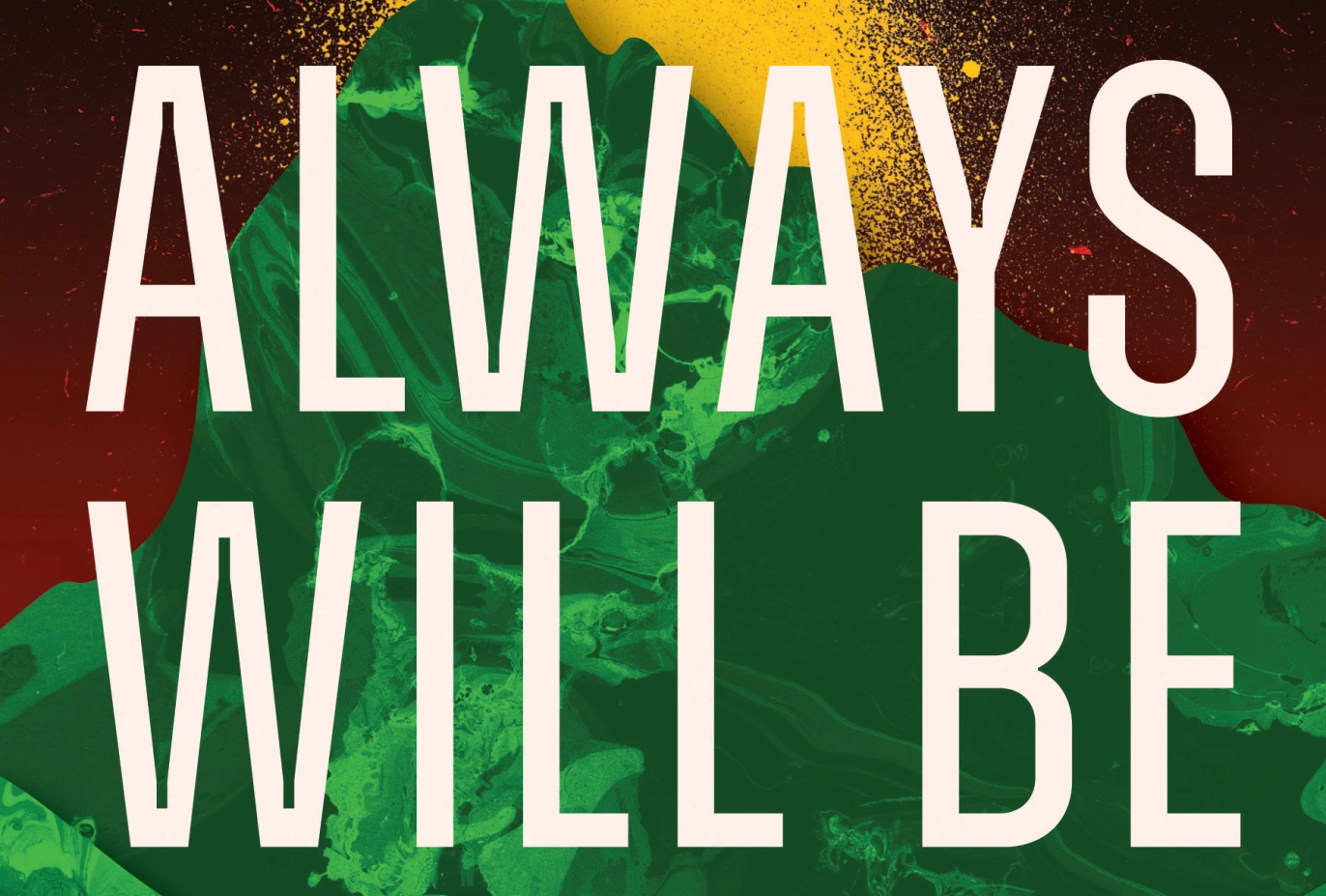
📷 Day 27: it’s always a lovely surprise to receive a bespoke selection of books in the mail, from the Wild Book Box.
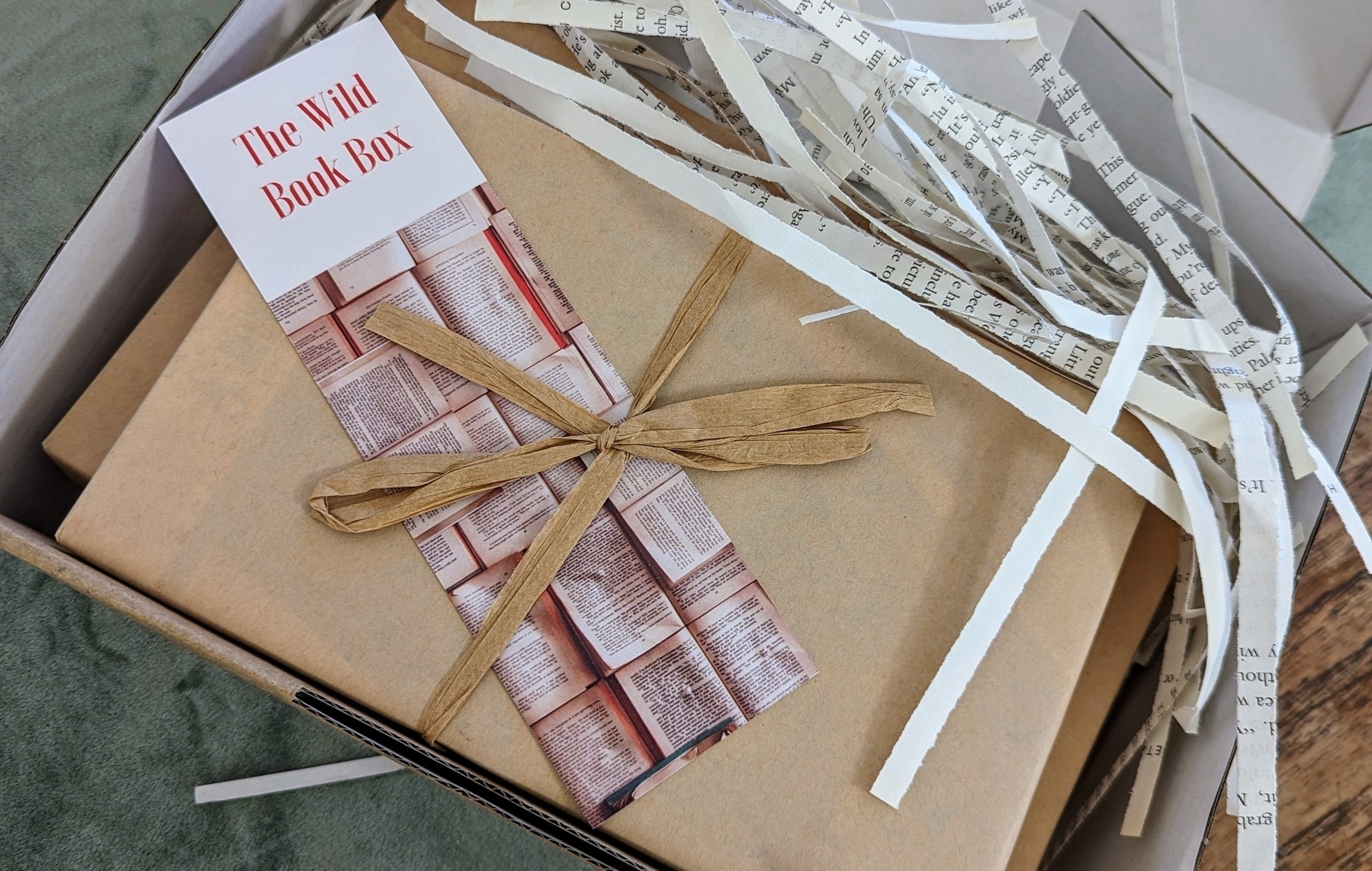
📷 Day 26: critter. It’s a bluebottle, or Portuguese man o’ war. These wash up on the beach, mainly in late Summer and early Autumn.

📷 Day 25: spine.
This is ‘Echidna’ by Illawarra artist Ian Gentle.
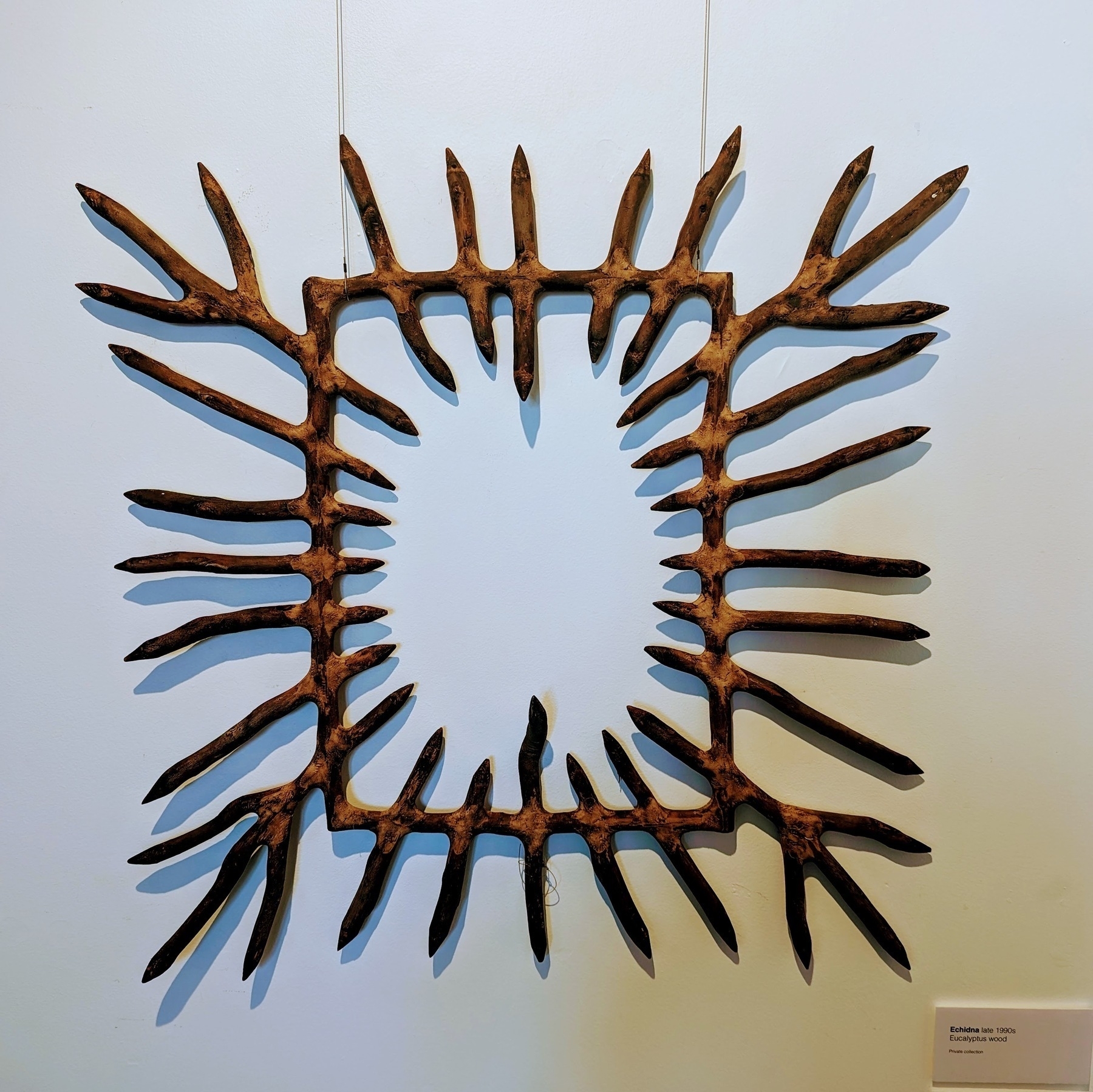
📷 Day 24: light. I took this shot as we saw in the new year on the beach.
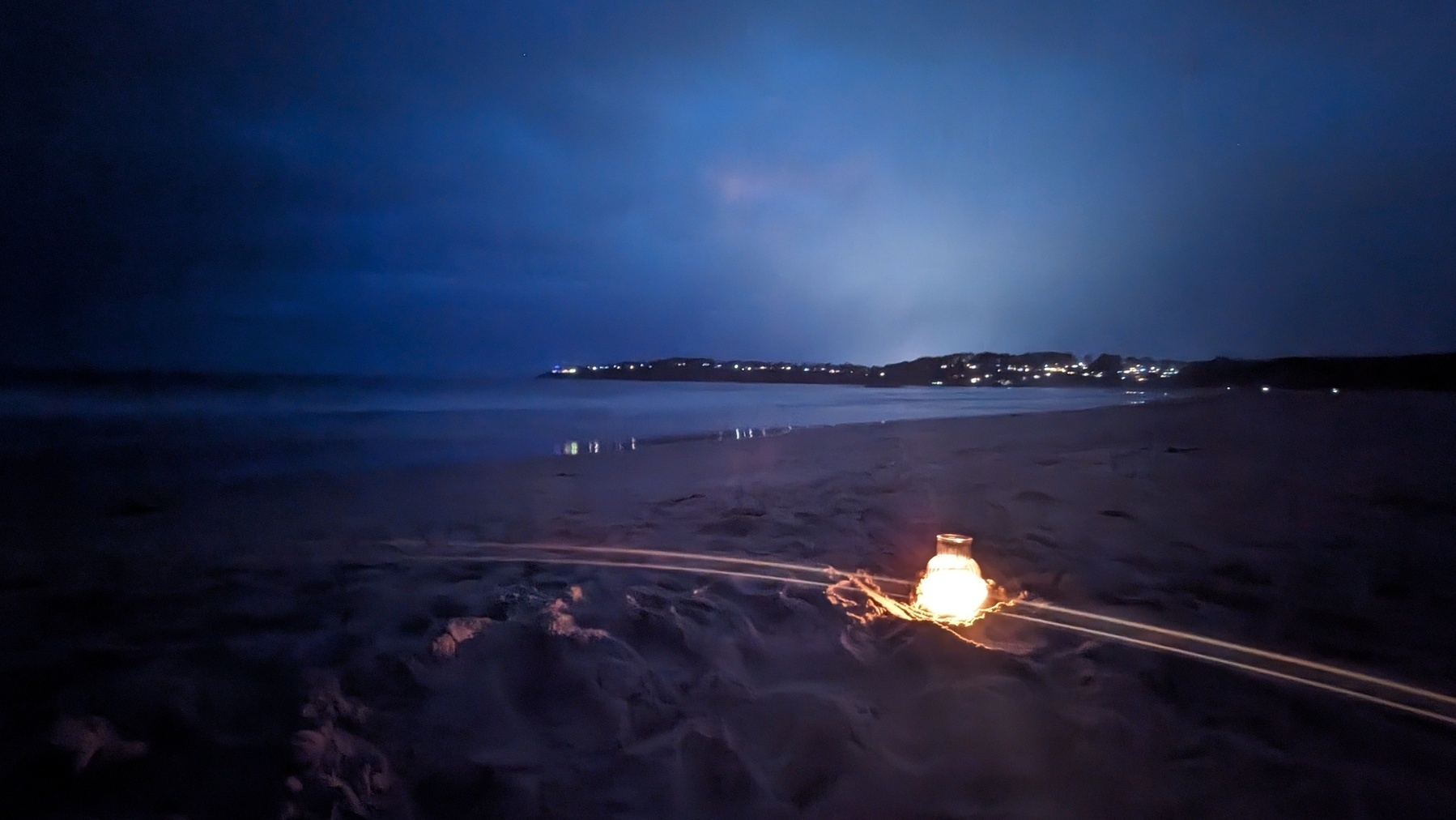
📷 Day 23: dreamy. On the weekend I visited White Bay Power Station for the Sydney Biennale. Reopened after 40 years mothballed!
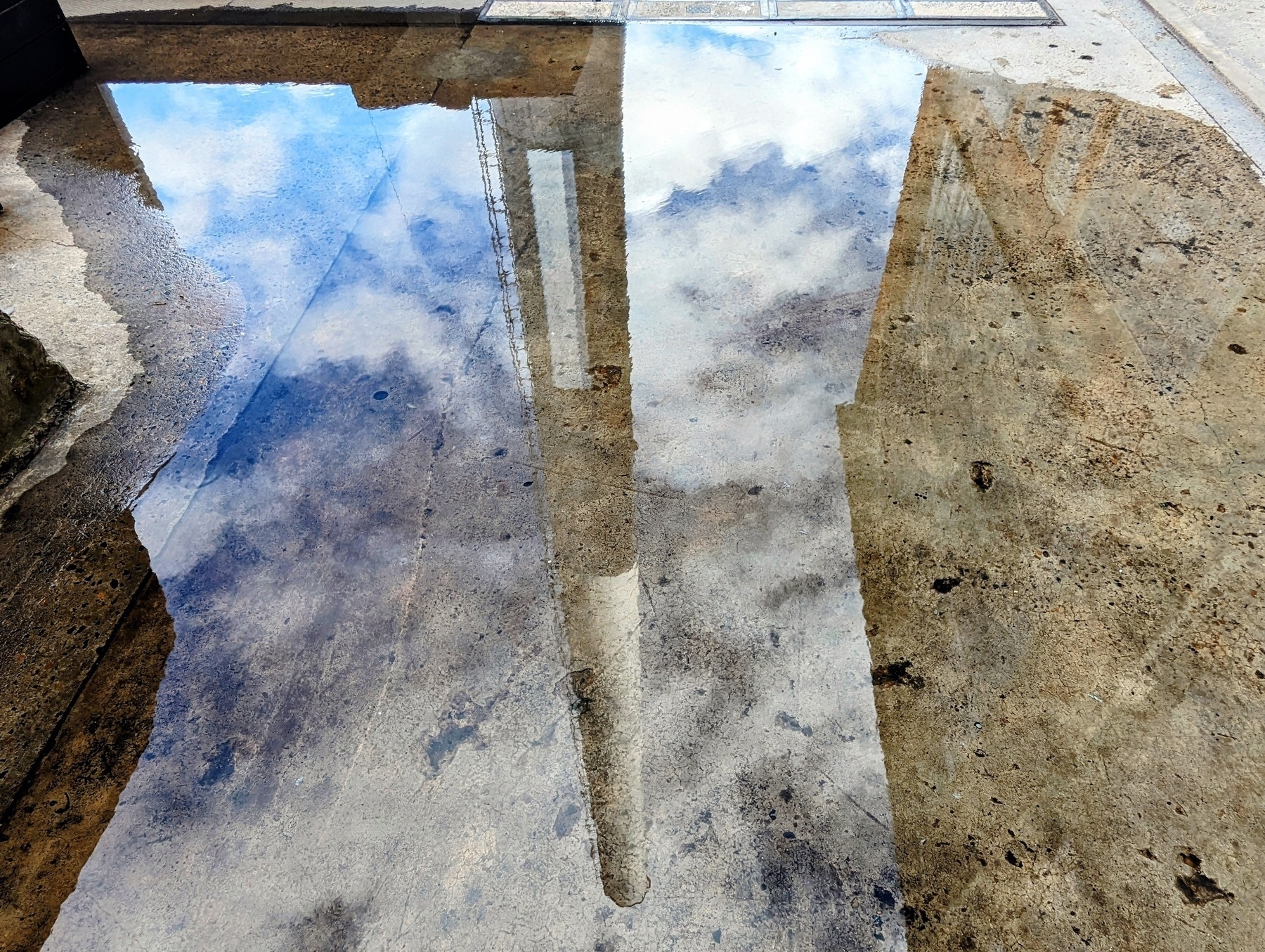
📷 Day 22: blue. This is the ocean pool at Kiama, NSW.

📷 Day 21: mountain. This is Black Mountain, the unlikely centre of Canberra.

📷 Day 20: ice
Memories of Norway.
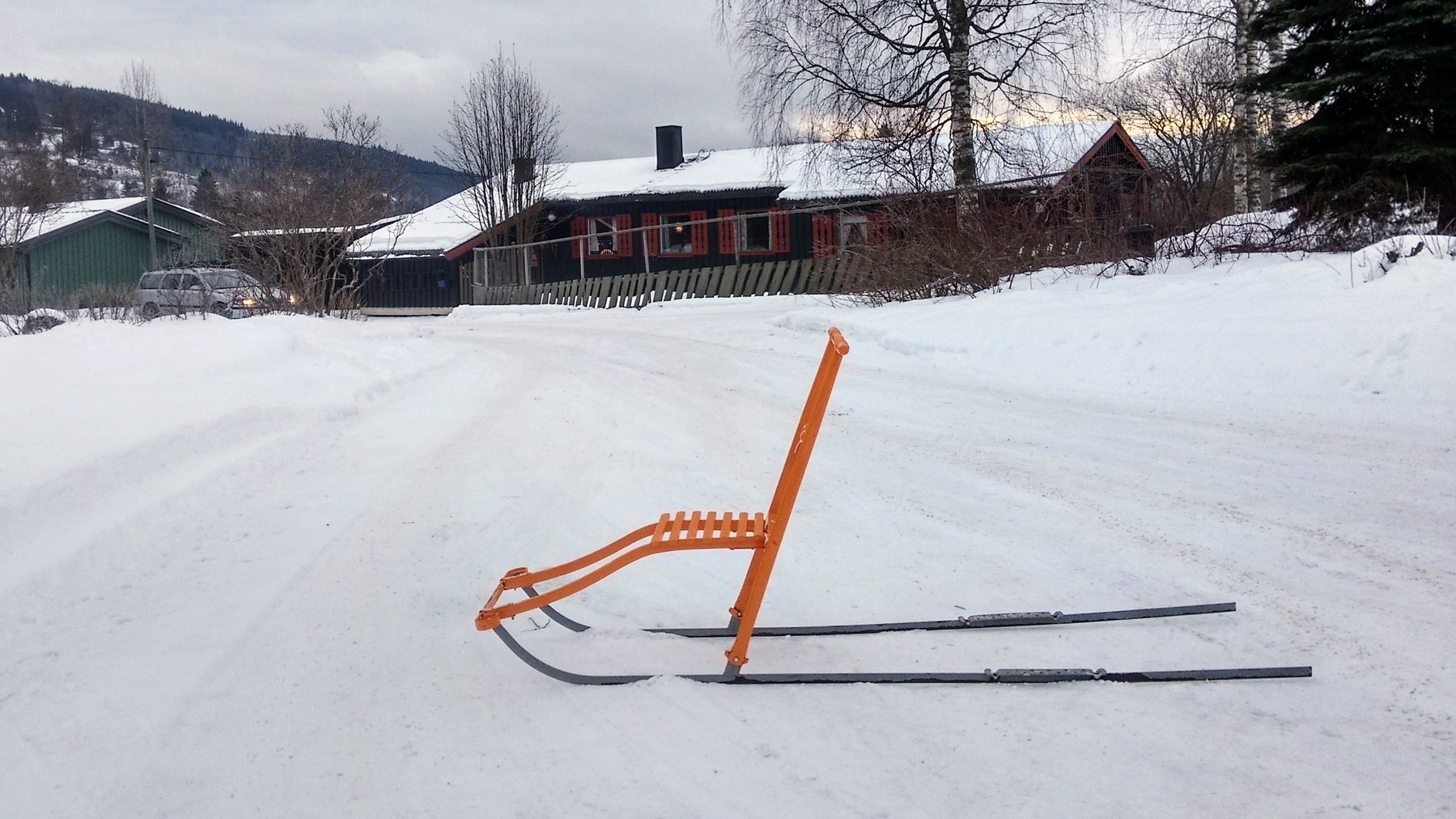
📷Day 19: birthday
On my birthday this year I visited an exhibition of the artist Louise Bourgeois. She claimed we’re born alone, but it’s the opposite. We’re born quite literally connected to another person.
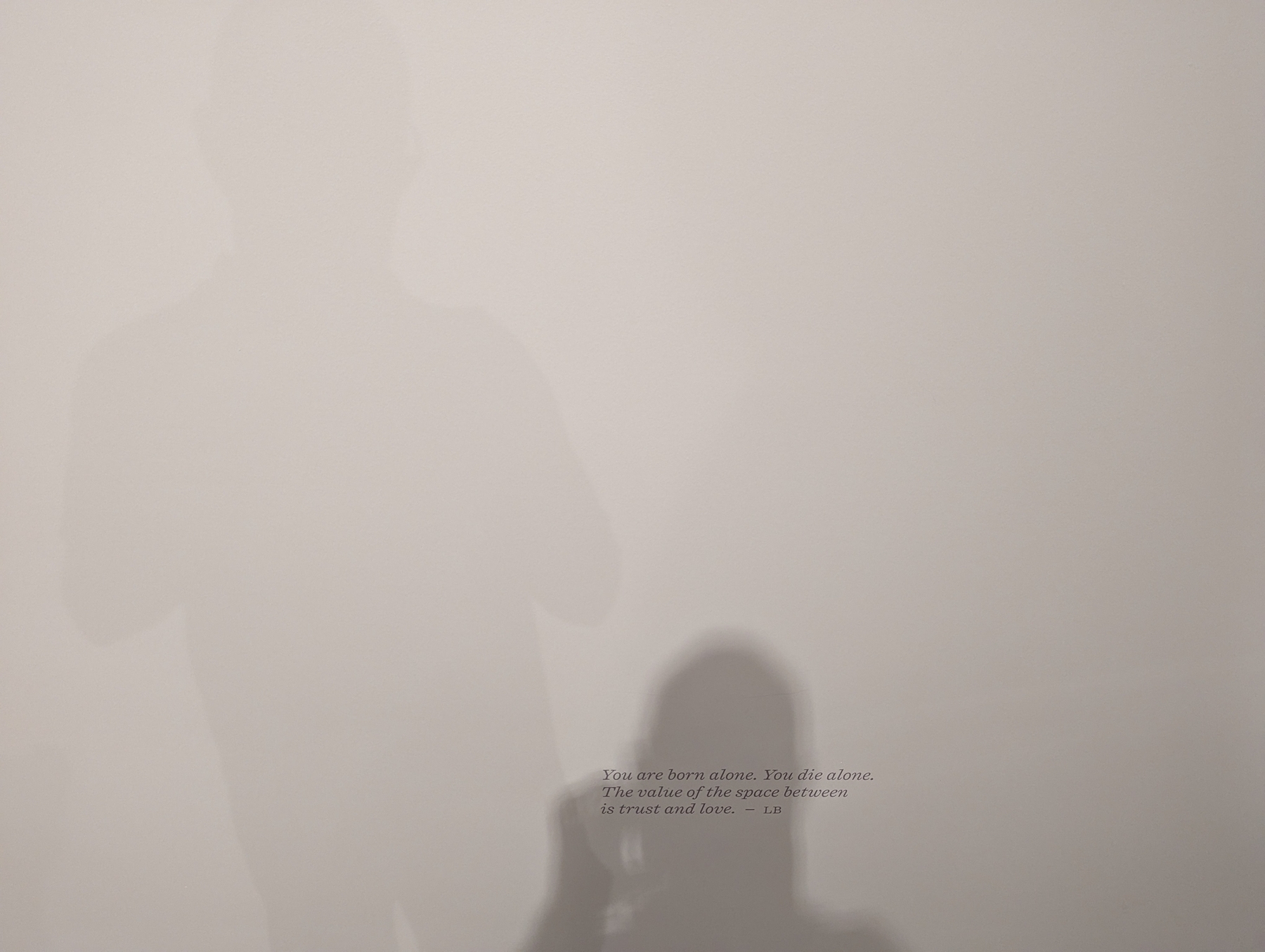
📷 Day 18: mood
The Blue Mountains, in one of their mysterious moods.
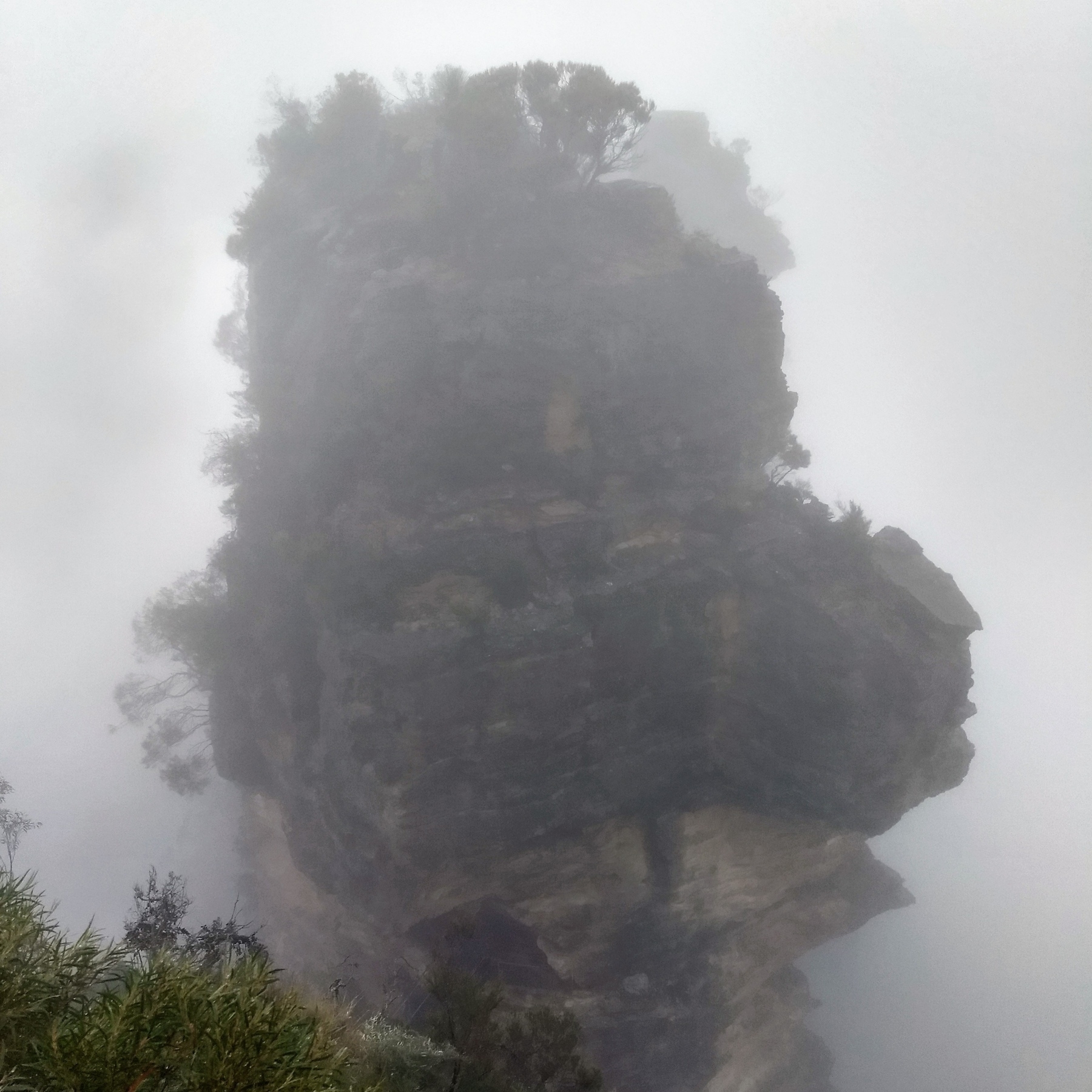
📷 Day 17: transcendence

📷 Day 16: flâneur
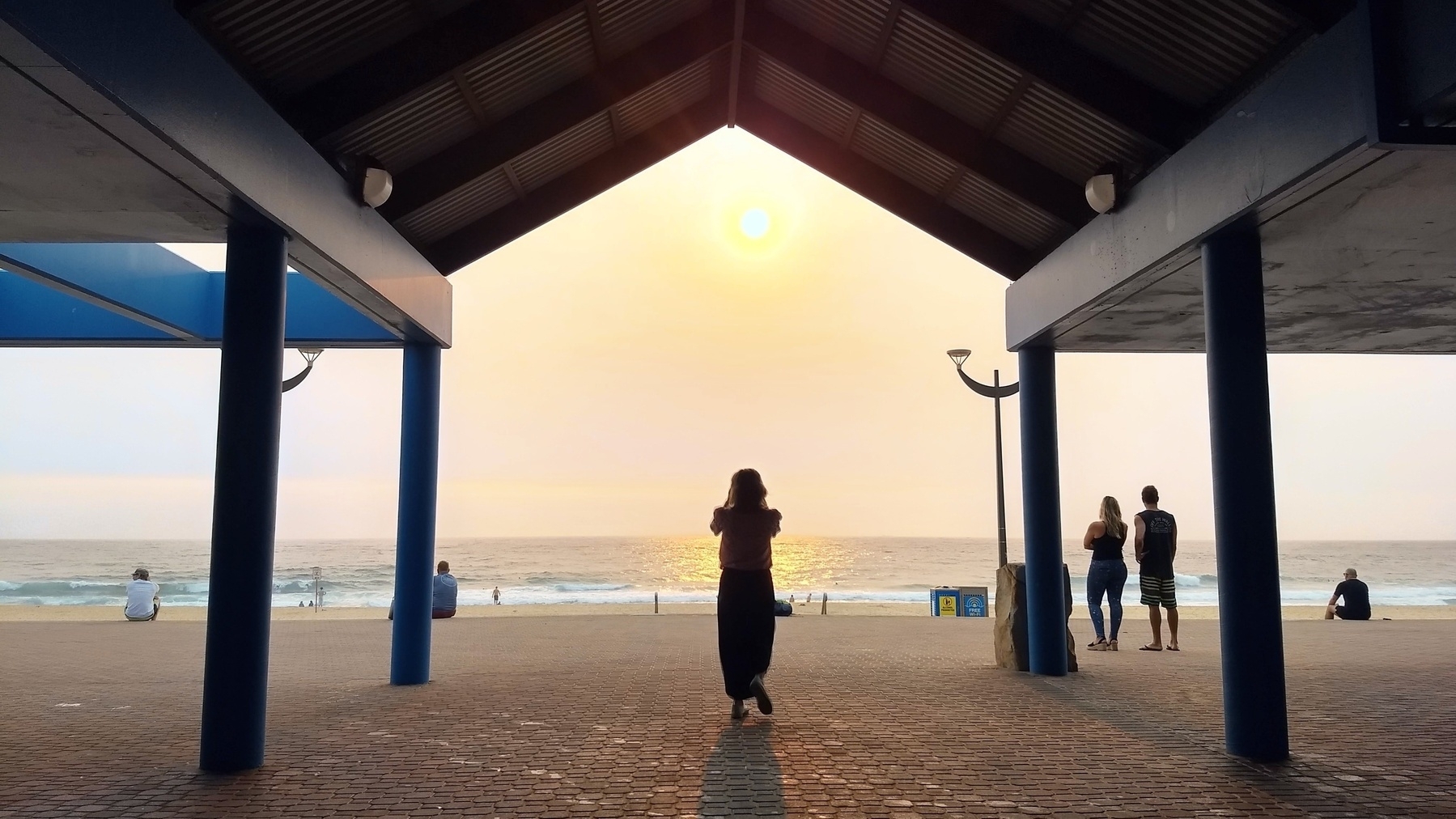
📷 Day 15: small

📷 Day 14: cactus. This is from ‘The Channel Series’, by Karl de Waal, as seen at the Art Gallery of NSW.

Finished reading: Orbital by Samantha Harvey 📚
This reads curiously well alongside To be Taught, if Fortunate. Both describe spaceflight in mundane but compelling detail. Harvey is the stronger writer, but Chambers has the stronger story. Both are writing, for want of a better term, space pastoral.
📷 Day 13: page.
Fantastic marginalia on this page of a manuscript at the State Library of Victoria.

📷 Day 12: magic
